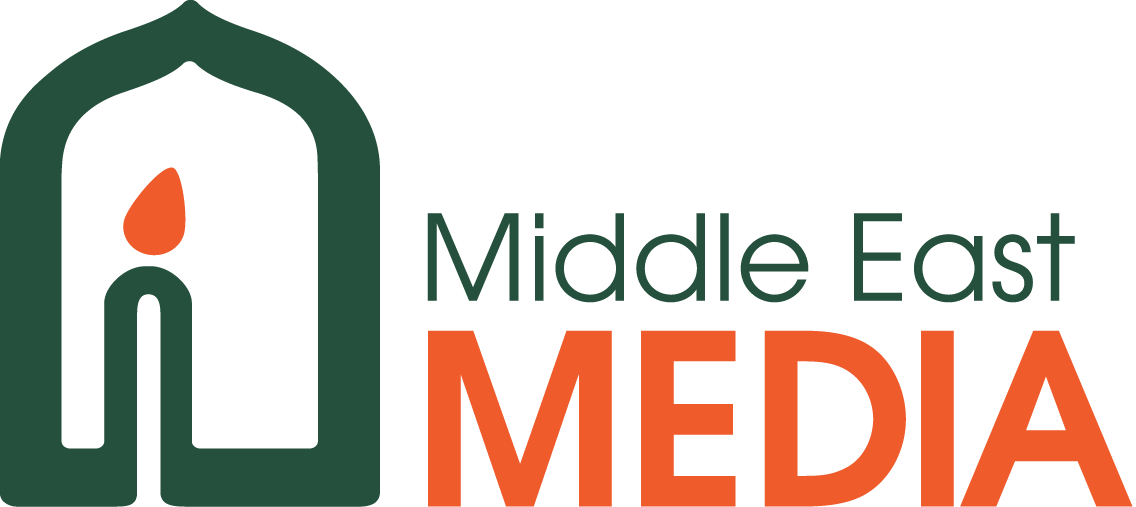Men & Mental Health: challenging gender stereotypes in the Middle East
/From Jacob, to King David, to Jesus himself – the Bible is full of instances of strong, male figures weeping. Explicit outpourings of emotions of all kinds were commonplace for both men and women in biblical times.
What’s changed? Though the narrative may slowly be changing in parts of the West – thanks to the efforts of many men’s mental health charities – a group of men openly sharing, weeping and expressing their feelings would still raise eyebrows.
Today, the pressure for men to embrace toughness and masculinity runs even deeper in Middle Eastern cultures. Boys are taught that crying is a sign of weakness. They should not show struggle when life is hard; true manhood means denying one’s emotions and persisting in the face of adversity. Sadly, this attitude often leads to fractured relationships and mental suffering for many Arab men and their families.
Our Nisa’a project has been empowering Arab women to speak their hearts for 10 years, with thousands impacted by our in-person workshops, and hundreds of thousands reached by our online resources. Yet recently, this intiative has begun to attract a growing number of men. Our team noticed that 30% of the Nisa’a online magazine’s readership were male, and it soon became clear that they desperately needed emotional support, too. We therefore initially offered a few mixed-gender mental health workshops, which were attended by some married couples. Both men and women shared in follow-up groups that learning to express and communicate their emotions in healthy ways had not only enhanced their own sense of wellbeing, but had also led to improvements in their marriages and family lives.
Anwar* shared his experience with us.
“I began expressing my emotions and admitting their existence. That was a turning point in my life as I started to understand my wife’s emotions. Now, raising up my son, I will give him the freedom to cry, to express his sadness and all his emotions. Also, I am very grateful that the workshop helped me to develop a better self-image and increased self-confidence.”
Due to demand, our team now run smaller, focused workshops specifically for men. We want to provide a space where men are encouraged to share what is on their hearts and reap the benefits.


